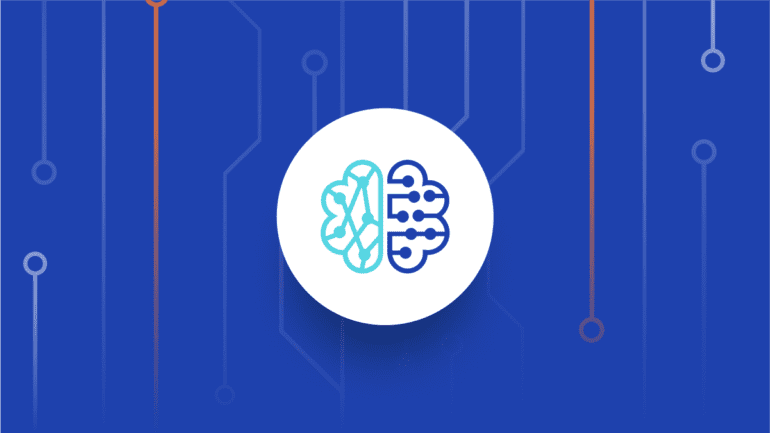TL;DR:
- Real Chemistry and WhizAI collaborate to redefine patient journey mapping using generative AI.
- Patient journey software aids in targeting audiences authentically and enhancing patient outcomes.
- Journey mapping reveals the patient care process, benefiting patients and drugmakers.
- Real Chemistry’s analytics and WhizAI’s generative AI platform create a unique offering.
- Platform enables specific disease state inquiries, providing data-rich insights.
- IPM.ai’s role involves AI-driven market assessment and patient identification.
- Real Chemistry’s impressive client list suggests adoption by major drug companies.
Main AI News:
In a groundbreaking collaboration, Real Chemistry and WhizAI have joined forces to reshape the landscape of patient journey mapping using cutting-edge generative AI technology. By harnessing the power of patient journey software, these two visionary companies are poised to empower clients with the ability to engage target audiences in a manner that resonates authentically with the patient experience.
The process of journey mapping has long been employed by companies to unravel the intricate paths patients traverse – from the initial diagnosis to the final stages of treatment. This comprehensive mapping not only illuminates the steps patients take to access care and adhere to treatment plans but also sheds light on the coveted end goal they aspire to achieve. The collaboration between Real Chemistry and WhizAI brings forth an unparalleled opportunity to refine this journey, benefiting both the patient and the pharmaceutical entity.
Dan Fisher, a stalwart in the realm of pharmaceutical analytics as the practice leader for IPM.ai under the Real Chemistry umbrella, highlighted, “Patient journey mapping, while not novel in itself, is undergoing a profound evolution.” Fisher, along with his accomplished collaborators, envisions that the fusion of Real Chemistry’s robust analytics engine with the ingenious generative-AI-driven visualization platform of WhizAI has given rise to an exceptional offering that outshines its counterparts.
“This dynamic platform,” Fisher elucidated, “unleashes the potential for users to delve into specific disease states, utilizing the prowess of generative AI and analytics. Through this synergy, users receive answers enriched with top-tier data and profound insights, thereby catalyzing improved patient outcomes.” Bijal Karande, the Vice President of Partnerships at WhizAI, expounded on the platform’s capabilities, emphasizing its utilization of “generative AI to streamline the client experience, facilitating access to precise, contextually grounded, and real-time insights.”
IPM.ai, Fisher’s domain of expertise, has a clear mission: leveraging the force of AI and real-world data to meticulously evaluate the market potential of drug candidates and enhance patient identification. This encompasses identifying individuals who harbor the specific condition, even if they remain undiagnosed or misdiagnosed. The process inherently involves unraveling the intricate web of diagnostics and treatment journeys.
Real Chemistry’s illustrious client roster serves as a testament to the platform’s potential ascent to becoming an indispensable tool for premier drug manufacturers. Garnering a substantial revenue of $555 million in the preceding year, the agency proudly boasts its collaborations with the top 30 pharmaceutical and biotech conglomerates. Among its esteemed clientele, the likes of AstraZeneca and Pfizer have been previously acclaimed.
Conclusion:
The partnership between Real Chemistry and WhizAI introduces an innovative approach to patient journey mapping using advanced AI. This collaboration is poised to reshape how pharmaceutical companies engage patients and refine their processes, potentially leading to enhanced market presence and improved patient experiences.

